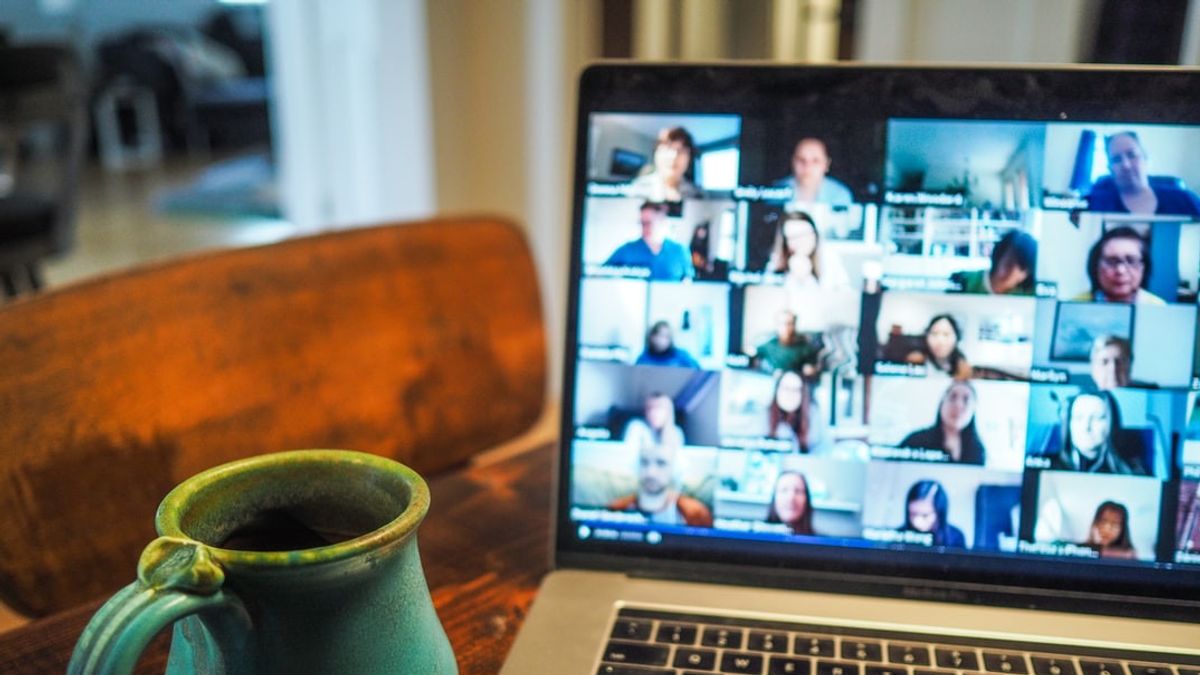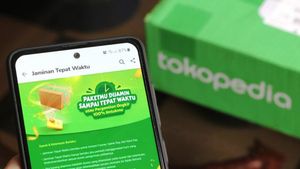
JAKARTA - Facebook on Tuesday, September 21, announced two new models of video calling devices called Portal, including its first portable version. The social media company also said it was testing with several companies in the US a service feature for businesses to remotely manage Portal work accounts and devices.
Facebook hasn't provided specific sales figures on Portal, but a spokesperson said there has been an increase in sales and usage during the COVID-19 pandemic, with many companies turning to remote work and more people staying at home due to the government's lockdown. Facebook makes most of its money from digital advertising.
The company, which is under the scrutiny of global regulators and lawmakers for its approach to user security, privacy, and content across its services, launched its first line of Portals in 2018.
Smart display devices are one of Facebook's attempts at selling hardware. The device allows users to make video calls, with the camera automatically following the user around the room.
Updates in the new model announced on Tuesday include a "household mode," which allows users to share Portal and control other people's access to their contacts and apps, and a way to watch TV through the product with others who don't use Portal devices.
SEE ALSO:
Facebook says the portable Portal Go will cost $199 and the large-screen Portal +, the latest generation of the product, will cost $349. Both will begin shipping on October 19.
Facebook also said it would start adding support for Microsoft Teams on Portal in December.
The company reported $497 million in non-advertising revenue in the second quarter of 2021, which was mainly attributed to sales of its Oculus Quest 2 virtual reality headset. Facebook last month launched a trial of its VR remote work app where Quest 2 users can hold meetings with an avatar version of themselves.
The English, Chinese, Japanese, Arabic, and French versions are automatically generated by the AI. So there may still be inaccuracies in translating, please always see Indonesian as our main language. (system supported by DigitalSiber.id)

















